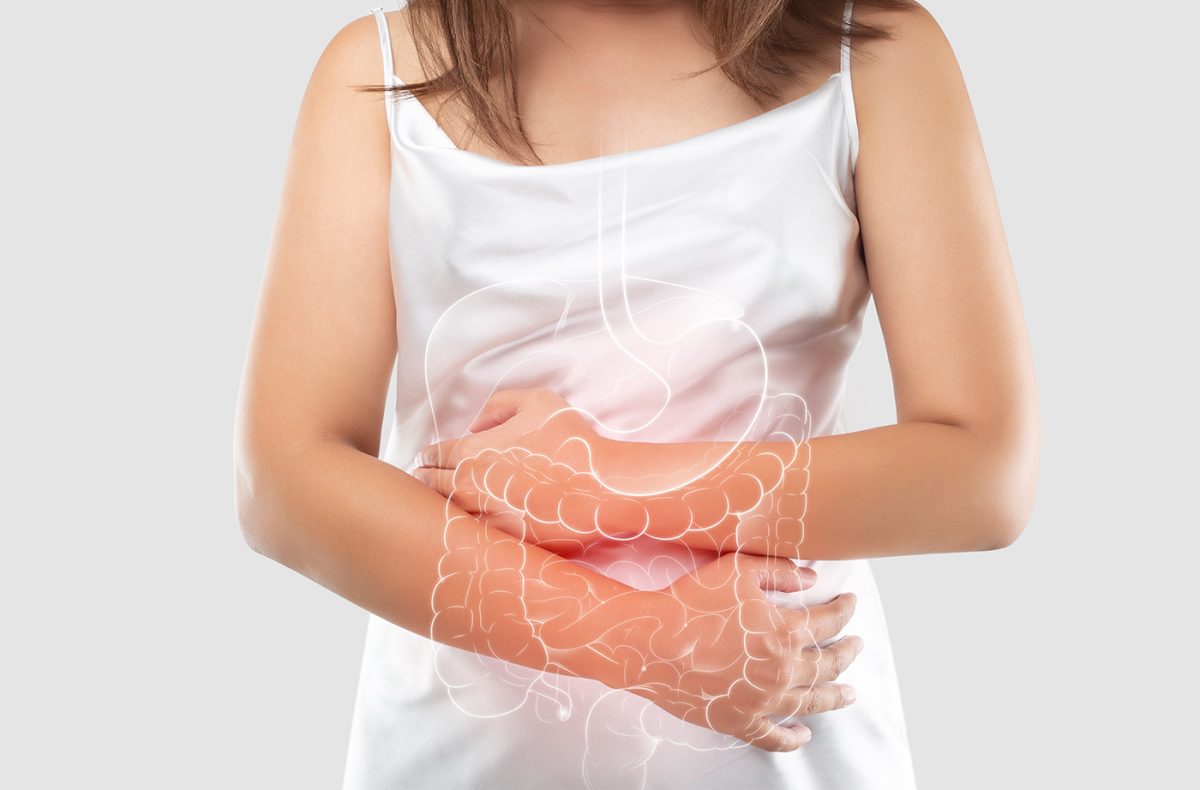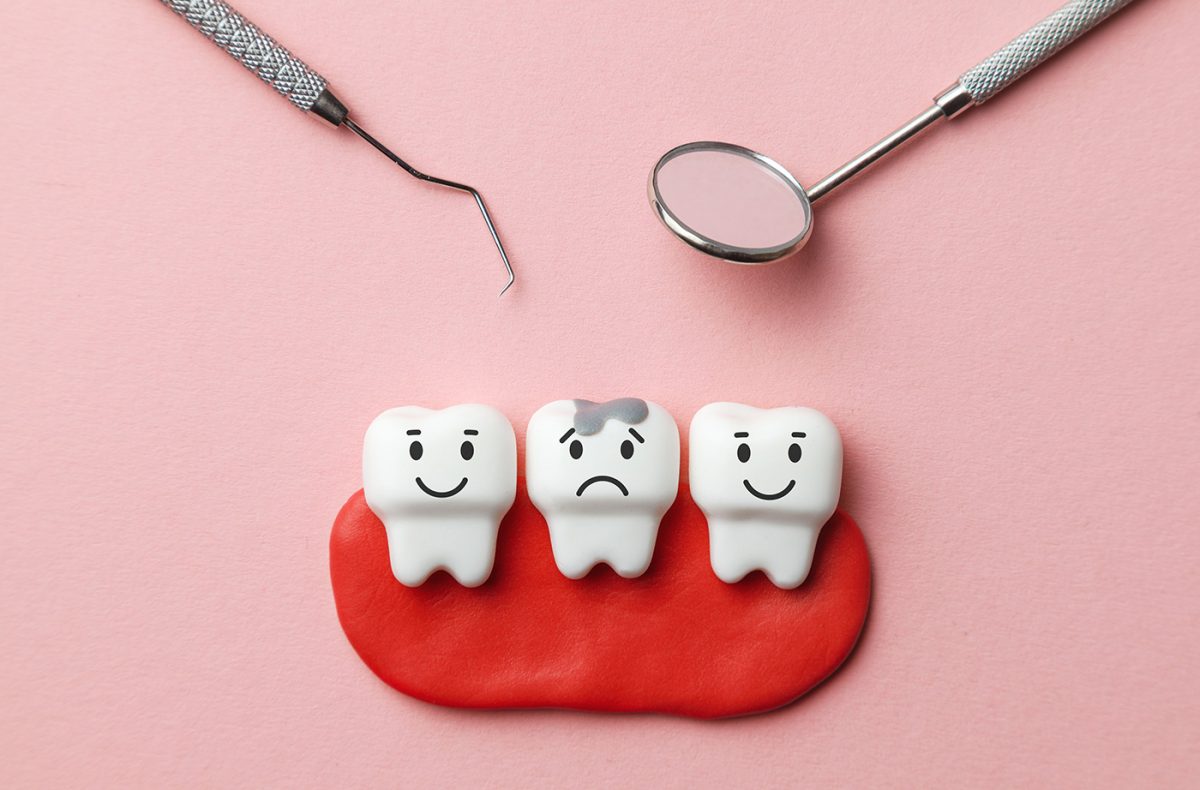Nausea, Vomiting, and Taste Changes
Unexplained nausea, vomiting, disgust, and a heightened sense of smell and taste may develop during pregnancy.
Changes in taste and appetite are commonly experienced by pregnant women. Cravings for certain foods or food aversion arealso common in pregnancy.
Meals in small portions should be scheduled at frequent intervals throughout the day to avoid an empty stomach. Smells and foods that aggravate the complaints should be avoided. Dry foods (salted biscuits, crackers, roasted chickpeas, etc.) should be eaten in the supine position. Fluids should be consumed between meals.
Regular intake of yogurt and lemon should be promoted. Fat-containing and sweet foods should be avoided. Pregnant women with such complaints may try different foods to find the ones that will be good for them.
Constipation

Constipation is a very common problem during pregnancy. Decreased physical activity and dietary changes, along with the physiological effects of pregnancy on bowel function, may cause constipation.
Eight to ten glasses of fluid should be ingested, pulp-rich foods (legumes), fresh vegetables and fruits (especially pears, apricots, plums, and figs), and dried fruits (dried apricots, prunes, dried figs, etc.) should be consumed, and physical activity should be increased.
Anemia

Anemia describes the condition where there is a reduction in the hemoglobin amount and a reduced number of red blood cells in the blood. Weakness, fatigue, dizziness, rapid breathing, pale skin, and susceptibility to infections are observed in pregnant women with anemia. Anemia develops when an iron deficiency occurs. And the fetus needs to obtain iron from the mother.
Iron is involved in blood formation. However, despite the availability of iron in a wide variety of foods, it is difficult to compensate for iron deficiency due to inadequate absorption. Iron absorption may be promoted by increasing the consumption of meat, vegetables, and fruits rich in vitamin C. Furthermore, iron supplements may be recommended under the supervision of a physician.
Tooth Decay

In cases of malnutrition, teeth are prone to decay due to calcium and fluoride deficiency. Teeth are at risk during pregnancy because saliva becomes saturated with substances that may act on the tooth enamel. To prevent tooth decay, teeth should be brushed regularly, and adequate amounts of milk and dairy products should be consumed. Furthermore, vomiting in the first few months of pregnancy may create an acidic environment in the oral cavity. This condition leads to tooth decay, too. The mouth must be thoroughly rinsed if vomiting occurs.
References:
- Williamson, C. S. (2006). Nutrition in pregnancy. Nutrition bulletin, 31(1), 28-59.
- Sağlık Bakanlığı. (2008). Eğitimciler için Eğitim Rehberi Beslenme Modülleri. Sağlık Bakanlığı Sağlık Eğitimi Çevre Sağlığı Genel Müdürlüğü, Temel Kaynak Dizisi, (43).
- Milli Eğitim Bakanlığı. (2014). Gebelik ve Emziklilikte Beslenme. Ankara: MEB Yayınları.
- Özalper, B. (2014). Gebelikte beslenme. Muş Alparslan Üniversitesi Fen Bilimleri Dergisi, 2(2), 270-278.


